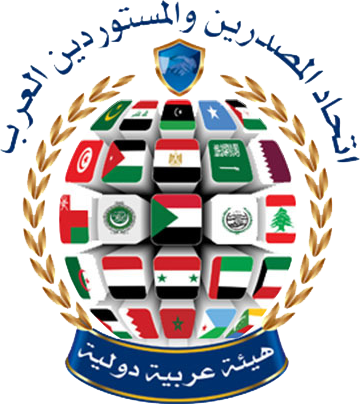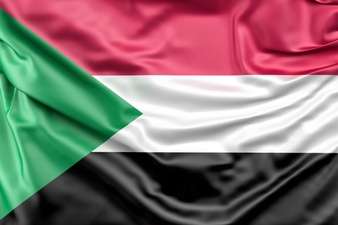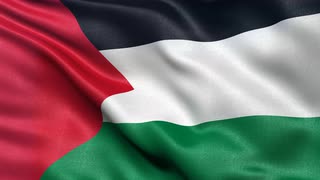Kurdish Hill Industry and Yabroud: Inclusion of facilities on the parties with the organizational chart
2018-11-21
The industrialists of the Tel-Kurd industrial zone in the Damascus countryside met today with the Minister of Agriculture and Agrarian Reform Ahmed Al-Qadri and Finance Dr. Mamoun Hamdan by using the industrial facilities located on the outskirts of the planning scheme of the area within the plan.
He called on industrialists to allocate part of the fees of administrative licenses paid by industrial establishments to revive the Kurdish hill area and agricultural land and ensure access to water for it and coordination with the city of Adra industrial to complete the full road extensions of electricity networks and sanitation and communications before paving roads in the region.
The industrialists pointed to the need to create an administrative unit in the area of Tel Kurd to follow up all the service issues, indicating that the number of enterprises in the region is about "140" of which "70" located on the outskirts of the organizational chart with the total number of enterprises returned to work and production after rehabilitation The infrastructure of the region is about 90 facilities.
For his part, the Minister of Finance stressed the high rates of completion in the services sector in the Tel Kurd area of electricity, communications and water networks and sanitation, pointing to the government's keen efforts to ensure the departure of industrial facilities and provide a range of measures and facilities for industrialists such as loans and scheduling distressed them and exemptions and so on.
Minister Hamdan pointed out that the work is under way to address the issues raised by the industrialists and was agreed with the Ministry of Electricity to secure the electrical network to extract water from the wells for agricultural lands. He called on the owners of the suspended facilities to "explain the reasons and constraints of their non-return to production, There is no longer any justification for the non-return of these facilities to work. "
The ministerial committee responsible for tracking the implementation of the projects in the area of Kalamoun inspected the service, industrial and health situation in Yabroud city in rural Damascus and met with the residents and industrialists of the city in the cultural center who stressed the need to expand the industrial area of the city and find channels for exporting its products.
He called on the people of Yabroud to increase allocations of heating oil and accelerate the pace of distribution to citizens and provide the city council with engineers and workers and mechanisms of cleanliness and the establishment of a reservoir to collect water from the Romanian channel in the village of Ras al-Ain and increase medical services in the villages and towns of Yabrud and rehabilitation of Yabrud road Nabek.
The Minister of Agriculture and Agrarian Reform said that the committee continues to provide services and overcome difficulties for industrialists and the people. He pointed out that all demands will be followed up and exploring ways to benefit from the Romanian canal water in cooperation with international organizations and digging agricultural well and rehabilitation of agricultural roads affected by rain.
For her part, Minister of Social Affairs and Labor Rema Qadri pointed out to the continuation of the provision of social welfare services to the citizens of rural Damascus where the window of life was opened for the care of orphans and the elderly, which works within the criteria of the ministry as part of the integration of governmental and civil efforts. At the beginning of the year, the Yabroud Rural Development Center was established to provide enabling, training and operational services to citizens.
In turn, the governor of the countryside of Damascus, Engineer Alaa Munir Ibrahim said that the supply of heating oil to citizens in Yabrud will be either directly or through government gas stations, noting that 400 liters of gas were allocated to each family due to cold in the winter, In roads, industrial installations and livestock due to recent floods in order to compensate the affected people after emergency solutions were provided.
The tour included the Yabroud National Hospital where the reality of working in the hospital and the provision of medical services to the visitors were reviewed.

 Syria
Syria Lebanon
Lebanon Egypt
Egypt Jordan
Jordan Iraq
Iraq Sudan
Sudan Palestine
Palestine